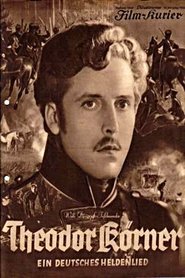detail profile dorothea wieck
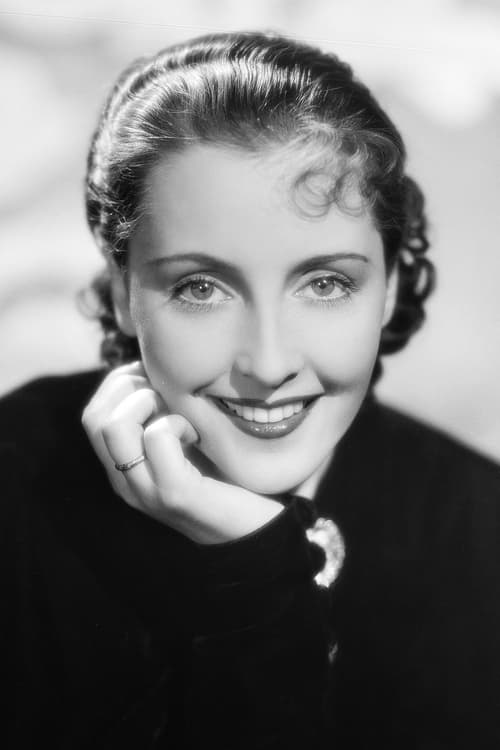
Dorothea Wieck
Dora Bertha Olavia Wieck
atau dikenal sebagai
Riwayat Hidup
Dorothea Wieck, born Dora Bertha Olavia Wieck (3 January 1908 in Davos, Switzerland – 20 February 1986 in Berlin, West Germany), was a German theatre and film actress.
Wieck launched her acting career on stage in 1924 and made her screen debut in German films in 1926, appearing in several silent films.
She became widely known through her leading role in the 1931 film Mädchen in Uniform (Girls in Uniform).
Her American film debut came in Cradle Song (1933).
Wieck appeared in around 50 films and played on the stages of many large theatres, notably at the Deutsches Theater and the Schillertheater, Berlin.
She also worked as a theatre director.
After World War II, she appeared in films only in supporting roles, and she withdrew from films almost entirely in the early 1960s.
In 1973, Wieck received the Film Ribbon in Gold of the Deutscher Filmpreis for long and outstanding achievements in German film.
Info Pribadi
Peran Yang Di Mainkan Dorothea Wieck
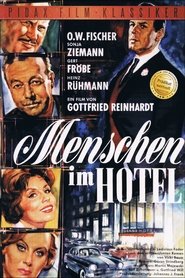 Based on a book by Vicki...
Based on a book by Vicki...Grand Hotel 1959
Based on a book by Vicki Baum, all of the action takes place in one day in a luxury hotel in Berlin. Grusinkaya is a ballerina staying at the hotel, other guests include Baron von Gaigern a sophisticated thief, Otto Klingelein a dying man, Preysing a businessman, and a stenographer. Events intertwine the lives of these strangers, bringing them together for some dramatic moments.
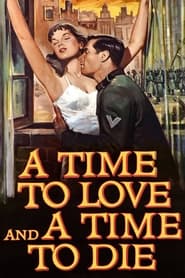 A German soldier home on leave...
A German soldier home on leave...A Time to Love and a Time to Die 1958
A German soldier home on leave falls in love with a girl, then returns to World War II.
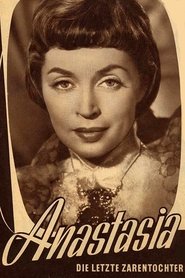 In 1920 an unknown 24yearold woman was...
In 1920 an unknown 24yearold woman was...Anastasia: the Czar's Last Daughter 1956
In 1920, an unknown 24-year-old woman was fished out of Berlin's Landwehr kanal after a suicide attempt. Since she has no papers and no answers to any questions, they soon assign them to the insane asylum Dallendorf. A co-patient believes she recognizes the Czar's daughter Anastasia Romanowa - who apparently was the only one who survived the murder of the tsar's family in 1918.
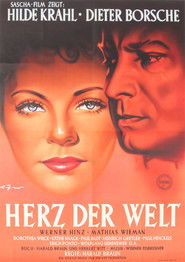 Directed by Harald Braun and told...
Directed by Harald Braun and told...No Greater Love 1952
Directed by Harald Braun and told from the perspective of Bertha von Suttner, the first female to receive the Nobel Peace Prize, The Alfred Nobel Story - No Greater Love chronicles the life of scientist, inventor, and businessman Alfred Nobel. Nobel built a massive fortune throughout his life, and while much if it was amassed by his inventions--dynamite being perhaps the most notable--he was also revered for his discoveries within the fields of science and economics. Upon his death, Nobel decided that his fortune was simply too great to continue in the form of an inheritance or single charitable donation, opting instead to use the money as reward for the greatest contributors to physics, chemistry, medicine, literature, and, of course, peace.
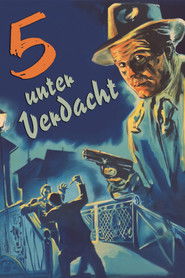 In the Danish port city of...
In the Danish port city of...City in the Fog 1950
In the Danish port city of Belgesund, the caretaker of a private high school has fallen victim to murder. Detective Thomsen takes on the case and finds that behind the clean facade there are abysses. He has five suspects in mind: the teacher Berling, who is having a relationship with a student, the twin brother and sole heir of the murdered man, the murdered man's shady roommate, the primary school teacher Klaus Erikson and his brother Jakob.
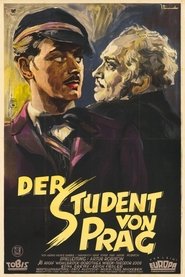 Prague in the 1860s Balduin is...
Prague in the 1860s Balduin is...The Student of Prague 1935
Prague in the 1860s: Balduin is a popular, handsome student, the best fencer in town, in amicable rivalry with his friend Dahl for the affections of Lydia, the innkeeper's niece. While the students are celebrating Lydia's birthday, the opera singer Julia Stella arrives at the inn - and Balduin's life begins to unravel. He is immediately infatuated with the glamorous singer - but she is already kept by an admirer, the wealthy and foppish Baron Waldis. How can a poor student hope to compete? The mysterious Dr. Carpis, who also has ties to Julia and is jealous of the Baron, intervenes. But the price will be higher than Balduin can ever imagine. He risks his sanity and his life - perhaps his very soul - haunted by his own reflection.
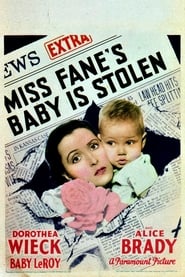 Miss Madeline Fane is a famous...
Miss Madeline Fane is a famous...Miss Fane's Baby Is Stolen 1934
Miss Madeline Fane is a famous California screen star who has been devoted to her baby son Michael since her husband's death the previous year. One morning she awakens to find Michael has been kidnapped. After a day, she calls in the police, who instantly begin an all-out search.
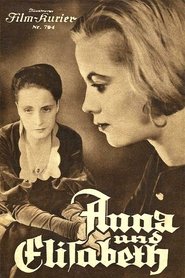 The two main people in the...
The two main people in the...Anna and Elizabeth 1933
The two main people in the story are Anna, a young girl, who is thought of having the ability to heal people mysteriously. Elisabeth is a young - middle aged aristocratic woman, that is disabled and puts all her hopes in meeting Anna and having her disability heal by her. A strange ambivalent relationship develops between the two women.
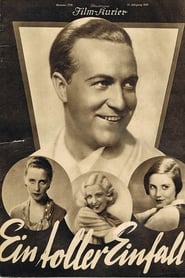 A series of stupid coincidences causes...
A series of stupid coincidences causes...A Mad Idea 1932
A series of stupid coincidences causes the young Munich painter Paul to convert his uncle's castle into a hotel for four weeks. But he can't complain: business is good and he has plenty of guests. For exmple, there's Theo Muller with his revue troupe. For reasons of "sound", Muller calls himself "Miller", which, of course, causes more confusion. His daughter, the beautiful Evelyn, is confused with Mabel Miller, who has come to the hotel on a mission for her filthy rich father ... namely, to estimate the worth of the castle.
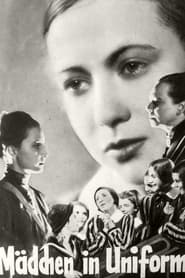 A sensitive girl is sent to...
A sensitive girl is sent to...Mädchen in Uniform 1931
A sensitive girl is sent to an all-girls boarding school and develops a romantic attachment to one of her teachers.
 Werner von Basil a Austrian intellectual...
Werner von Basil a Austrian intellectual...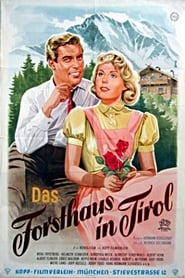
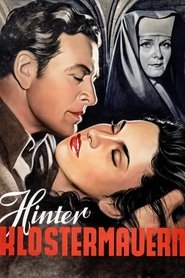 Thomas Holinka has returned home from...
Thomas Holinka has returned home from...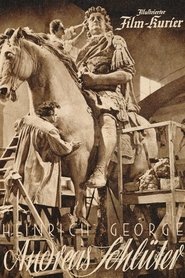 Historical drama portraying the life of...
Historical drama portraying the life of...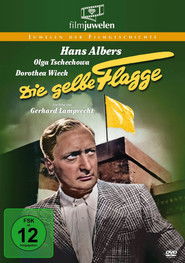 An adventurer Peter Diercksen travels to...
An adventurer Peter Diercksen travels to...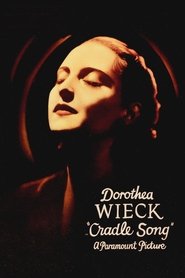 In a deeply cloistered convent nun...
In a deeply cloistered convent nun...